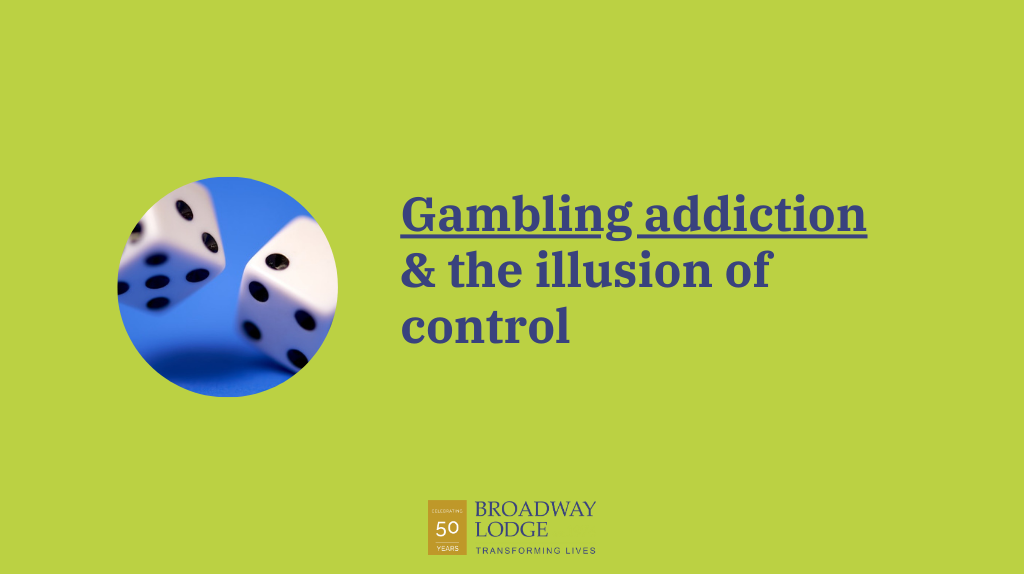When it comes to gambling, there is a lot more at play than just luck and chance. The psychology behind gambling is complex, and understanding it can help you stay in control and make better decisions when placing bets. In this article, we will explore the psychological factors that influence our gambling behavior and provide tips on how to stay in control.
The Urge to Gamble
One of the key psychological factors that drive people to gamble is the thrill and excitement that comes with it. The rush of adrenaline that comes from taking a risk and the possibility of winning big can be addictive. This urge to gamble can be even more pronounced in those who are seeking an escape from stress, depression, or other negative emotions.
Risk vs. Reward
Another important psychological factor in gambling is the concept of risk versus reward. Our brains are wired to seek out rewards and avoid risks, but when it comes to gambling, these two factors are often in conflict. The potential for a big win can override our sense of caution, leading us to take bigger risks than we normally would.
The Gambler’s Fallacy
The gambler’s fallacy is a common cognitive bias that can lead us to make poor decisions when gambling. This fallacy is the belief that past outcomes can influence future results, even when the two events are unrelated. For example, if a coin lands on heads five times in a row, some people may believe that tails is “due” to come up next. This mistaken belief can lead us to make irrational bets and lose money.
Setting Limits
One of the most important ways to stay in control when gambling is to set limits for yourself. This can include setting a budget for how much you are willing to spend, as well as a time limit for how long you will gamble. By setting these limits in advance, you can help prevent yourself from getting caught up in the moment and making impulsive decisions.
Recognizing Problem Gambling
It’s important to be aware of the signs of problem gambling so that you can seek help if needed. Some common signs of problem gambling include spending more money than you can afford, borrowing money to gamble, and lying to friends and family about your gambling habits. If you find yourself exhibiting any of these signs, it may be time to seek support from a therapist or a support group.
Seeking Help
If you or someone you know is struggling with problem gambling, it’s important to seek help as soon as possible. There are many resources available, including support groups, therapy, and helplines. Remember, there is no shame in asking for help, and taking steps to address the issue can help you regain control of your gambling habits.
Conclusion
Gambling can be a fun and exciting activity, but it’s important to understand the psychology behind it and take steps to stay in control. By setting limits, recognizing problem gambling, and seeking help when needed, you can enjoy gambling responsibly and avoid falling into harmful habits. Remember, gambling should be a form of entertainment, not a way to escape from problems or emotions. Stay in control and gamble responsibly.


